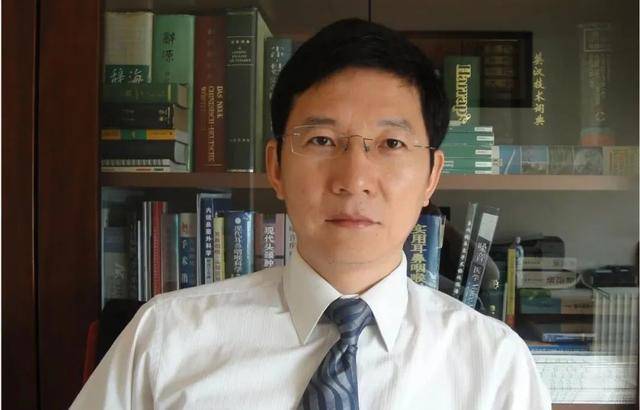The newly revised vocational education law of the people’s republic of china (hereinafter referred to as the vocational education law) came into effect on may 1. this is the first major overhaul of the act since its enactment in 1996. what are the interesting points of this revision? what changes will be made to the education system? recently, sohu finance and economics talked with zhao zhiqun, professor of the institute of vocational and adult education of the faculty of education of beijing normal university and a member of the national vocational education steering advisory committee.
zhao zhiqun pointed out that the newly revised vocational education law will make the equal rights of vocational school students in further education, employment and career development for the first time in legal form to clarify that it has the same importance as general education. the new vocational education law is more detailed and more extensive, providing a legal basis for the high-quality development of high-quality education in china.
it is worth noting that the new vocational education law no longer mentions the concept of diversion, but emphasizes the coordinated development of vocational education and general education, which means that vocational education, like general education, is not only equal to another type of education, but also coordinated with general education in terms of scale, quality of talent training and social acceptance.
however, in zhao zhiqun’s view, after the general vocational accommodation, vocational education not only has the difference between the high school level, the specialist level and the undergraduate level, but also its special and important positioning, that is, to provide high-quality technical skills for industrial development. “china needs to maintain a reasonable talent training structure, at present, there is a clear mismatch of skills in our society, and many academic talents cultivated will be disconnected from the actual needs of society.” society needs a variety of talents, in addition to the academic talents cultivated by traditional universities, the current demand for high-quality technical and technical talents in society is very strong, and the supply is far from meeting the demand. ”
at present, there are not many countries in the world that have adopted the “comprehensive high school” model, and even fewer have succeeded. zhao zhiqun, for example, said that because vocational education courses and academic courses are grasped at the same time, the final graduation examination focuses on the academic curriculum results, which is more unfavorable to children studying vocational courses, making the vulnerable children who should be helped the most worse. the new every student success act in the united states is an attempt to change this situation. an important consequence of the weak secondary vocational education in the united states is the lack of sufficient skilled workers, which is also an important obstacle for the trump administration to reinvigorate american manufacturing. secondary vocational education with a high degree of specialization is our strong point.
zhao zhiqun mentioned that in recent years, many enterprises have difficulty in recruiting workers. relevant data show that the gap of skilled talents in china’s key areas has reached 21 million, and it is expected that the gap will be close to 30 million in 2025. zhao zhiqun believes that promoting the high-quality development of vocational education and cultivating more skilled and technical talents is of great significance to optimizing china’s talent structure and meeting the needs of social development.
today, the enrollment of higher vocational education accounts for more than 55% of higher education, while the direct financial investment of higher vocational education accounts for only about 20% of the entire higher education. how to raise funds for vocational education through multiple channels? in zhao zhiqun’s view, to run vocational education well, it is not only a matter of vocational schools, but also the key is to strengthen school-enterprise cooperation.
he exemplifies the dual system of vocational education in germany, the core of which is school-enterprise cooperation. there are teachers in schools to teach theory, and there are special practical training teachers in enterprises to guide them. there are also two sources of funding for education: school funding is funded by the government’s public funds, and the majority of corporate training funds come from corporate input. this system maximizes the close integration of vocational education and enterprise needs and helps young people to make a smooth transition from school to the labour market.
zhao zhiqun said that today’s young people do not like to work in industrial enterprises and do not like to fiddle with technology in a down-to-earth manner, which is a huge hidden danger. “the integration of industry and education is certainly right, but this does not mean that enterprises are encouraged to run schools, but enterprises should be allowed to absorb students and learn from the production practice of enterprises.” we should learn from developed manufacturing countries such as germany and switzerland, and strive to establish and develop a modern industrial culture so that the younger generation likes technology and is willing to work.
SOURCE: SHOHU
BY: LAN NGUYEN
